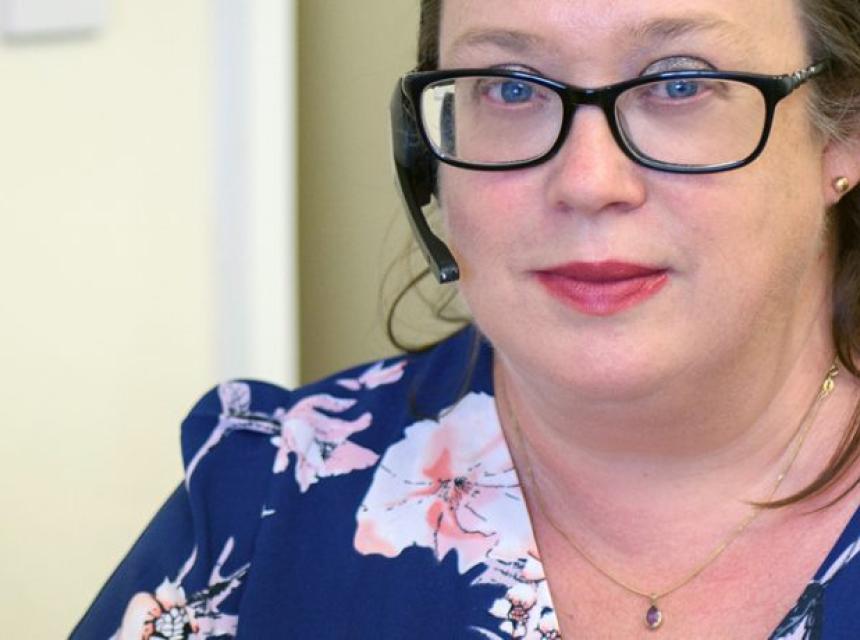Is speaking on the telephone a dying art?
Original Article : Is speaking on the telephone a dying art? - Business Biscuit
Published : Thursday June 16 2022
We live in an age of instant communication, where we can text, email, chat and tweet with anyone in the world at any time. But what about the old-fashioned phone call? Is it still relevant and useful in today's society? Or is it a dying art that only the older generations appreciate and practice?
According to our MD Claire Brewerton many people under the age of 30 struggle with 'how' to strike up a conversation over the phone. She says that they often lack the confidence and skills to make a good impression and engage in a meaningful dialogue with someone they don't know well or at all.
Claire attributes this to the fact that younger generations are more used to communicating through written messages rather than spoken ones. They may feel more comfortable expressing themselves through emojis, gifs and memes than through words and tone of voice. They may also find it easier to avoid or end conversations by simply ignoring or blocking someone online than by saying goodbye politely on the phone.
But Claire argues that phone etiquette is not only important for personal relationships but also for professional ones, she says that phone calls can convey more information and emotion than texts or emails, which can be easily misunderstood or misinterpreted. She also says that phone calls can show more respect and interest in the other person than sending a generic or automated message.
Claire suggests that people who want to improve their phone skills should practice regularly by calling their friends and family members instead of texting them and recommends that they follow some basic rules of phone etiquette such as:
- Introduce yourself clearly and politely when you call someone or answer the phone.
- Ask if it's a good time to talk or if they prefer to call back later.
- Be attentive and respectful during the conversation. Don't interrupt, talk over or multitask while on the phone.
- Keep the conversation concise and relevant. Don't ramble, digress or share too much personal information unless appropriate.
- End the conversation gracefully. Thank them for their time, summarize what was discussed or agreed upon and say goodbye warmly.
Claire believes that phone etiquette is not a lost art but rather a valuable skill that can be learned and mastered by anyone who wants to communicate effectively and professionally in today's world, phone calls are not obsolete but rather complementary to other forms of communication and she encourages people to embrace both old and new ways of connecting with others and enjoy the benefits of each one.
- Log in to post comments

